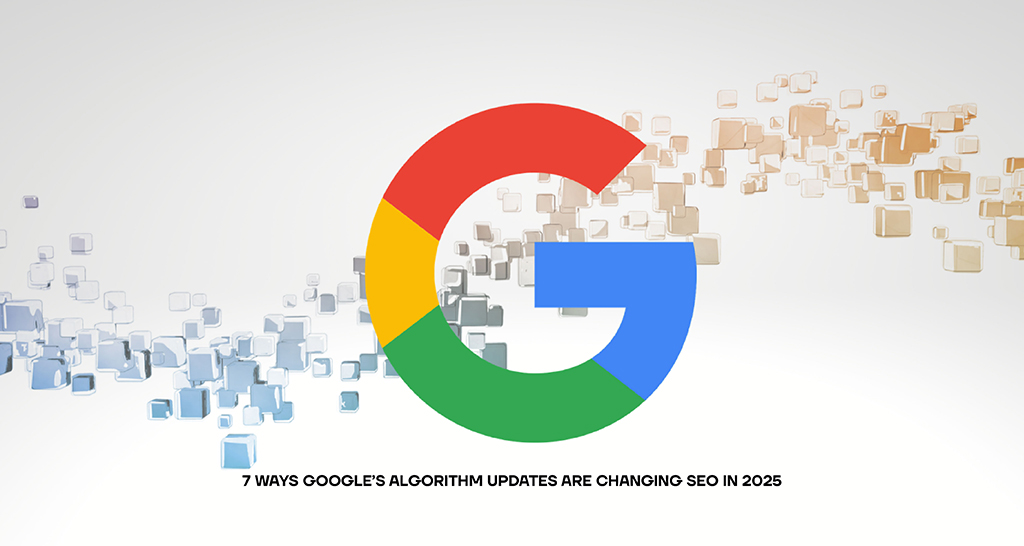As Google persistently enhances its search engine to emphasize user experience, the algorithm updates for 2025 are profoundly transforming the SEO landscape. Marketers and businesses are required to adjust to these modifications to maintain competitiveness and visibility. Below are seven essential ways in which these updates are altering SEO in 2025:
AI-Driven Search Experience (SGE)
Google’s Search Generative Experience incorporates AI-generated summaries directly into search results. This change implies that users frequently receive answers without the need to click on websites, compelling SEO strategies to focus on enhancing visibility within AI-generated content and optimizing for contextual relevance.
Focus on User Intent Over Keywords
Keyword stuffing is no longer relevant. Google’s enhanced natural language processing comprehends user intent more profoundly than ever before. SEO now necessitates the creation of content that responds to questions, needs, or issues instead of merely focusing on keywords.
E-E-A-T Becomes Central to Ranking
Google maintains its focus on Experience, Expertise, Authoritativeness, and Trustworthiness (E-E-A-T). Websites that demonstrate robust author credentials, possess high-quality backlinks, and uphold transparent content policies are granted improved rankings.
Mobile and Core Web Vitals Are Non-Negotiable
Google places significant importance on user experience, which encompasses websites that load quickly and are optimized for mobile devices. The Core Web Vitals metrics, which assess page speed, interactivity, and visual stability, are essential for achieving high rankings. This focus compels developers and SEO professionals to prioritize the optimization of performance.
More Emphasis on First-Party Data
Considering heightened privacy regulations and the reduction of third-party cookies, Google’s algorithms are favoring websites that develop robust first-party data strategies. This encompasses promoting user registrations, gathering engagement data, and tailoring content accordingly.
Multimedia Content Optimization
Google’s algorithms have significantly improved in their ability to comprehend and rank videos, podcasts, and images. The use of structured data, video transcripts, and content rich in media enhances both engagement and rankings. In 2025, SEO requires a multimedia strategy to cater to diverse user preferences.
Local and Hyper-Personalized Results
Search is increasingly becoming hyper-personalized, taking into account factors such as location, device, and user behavior. Google’s updates prioritize businesses that enhance their local SEO, manage reviews effectively, and create content tailored to specific locations, which is essential for small businesses and service providers.
In 2025, search engine optimization (SEO) transcends the mere goal of achieving a first-page ranking. It now encompasses visibility in the various ways users conduct searches, including through AI-generated summaries, voice search, mobile-first design, and tailored content. Companies that adapt their SEO strategies to align with the shifting priorities of Google’s algorithms will secure a competitive advantage in a rapidly changing digital landscape.



Discussion about this post